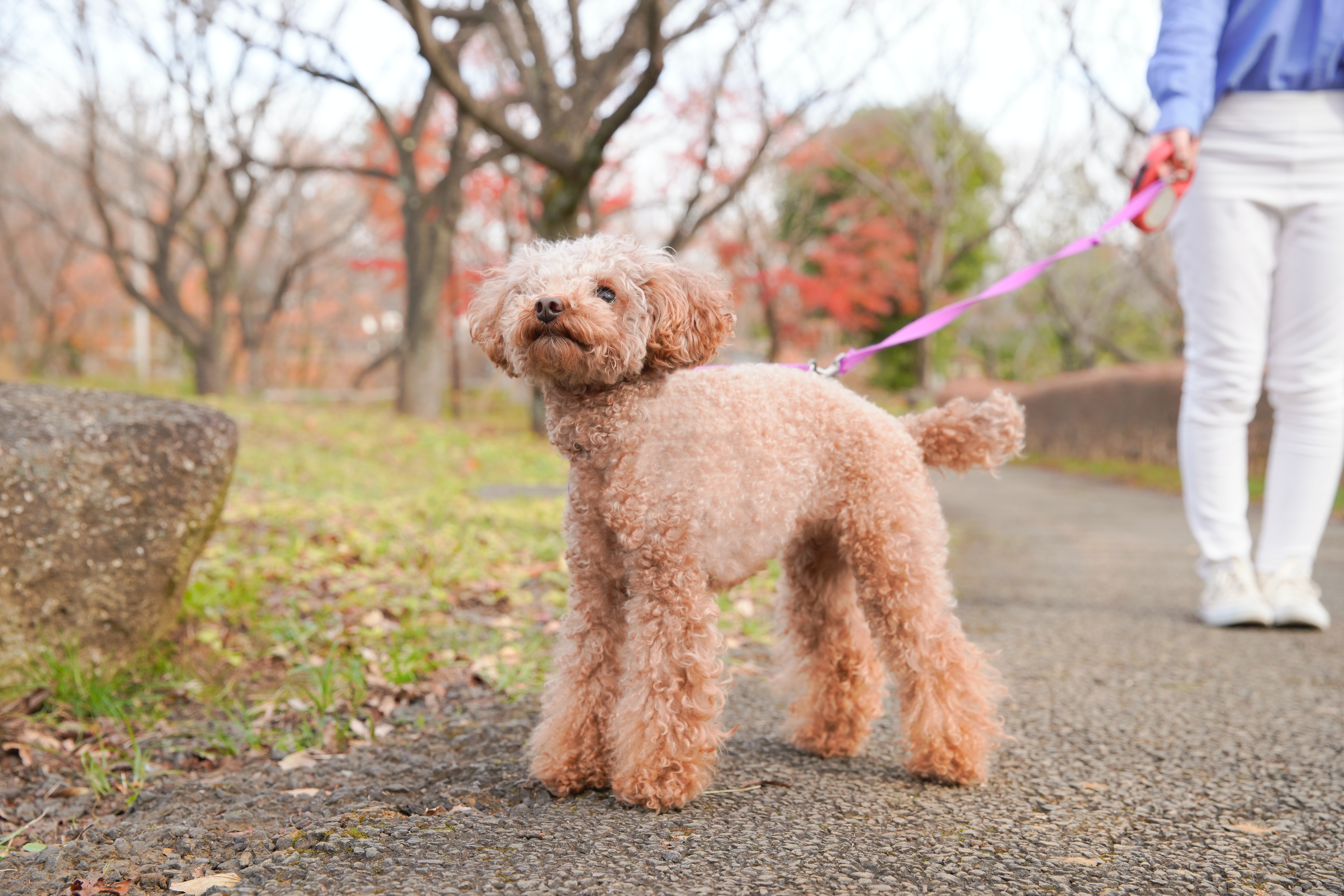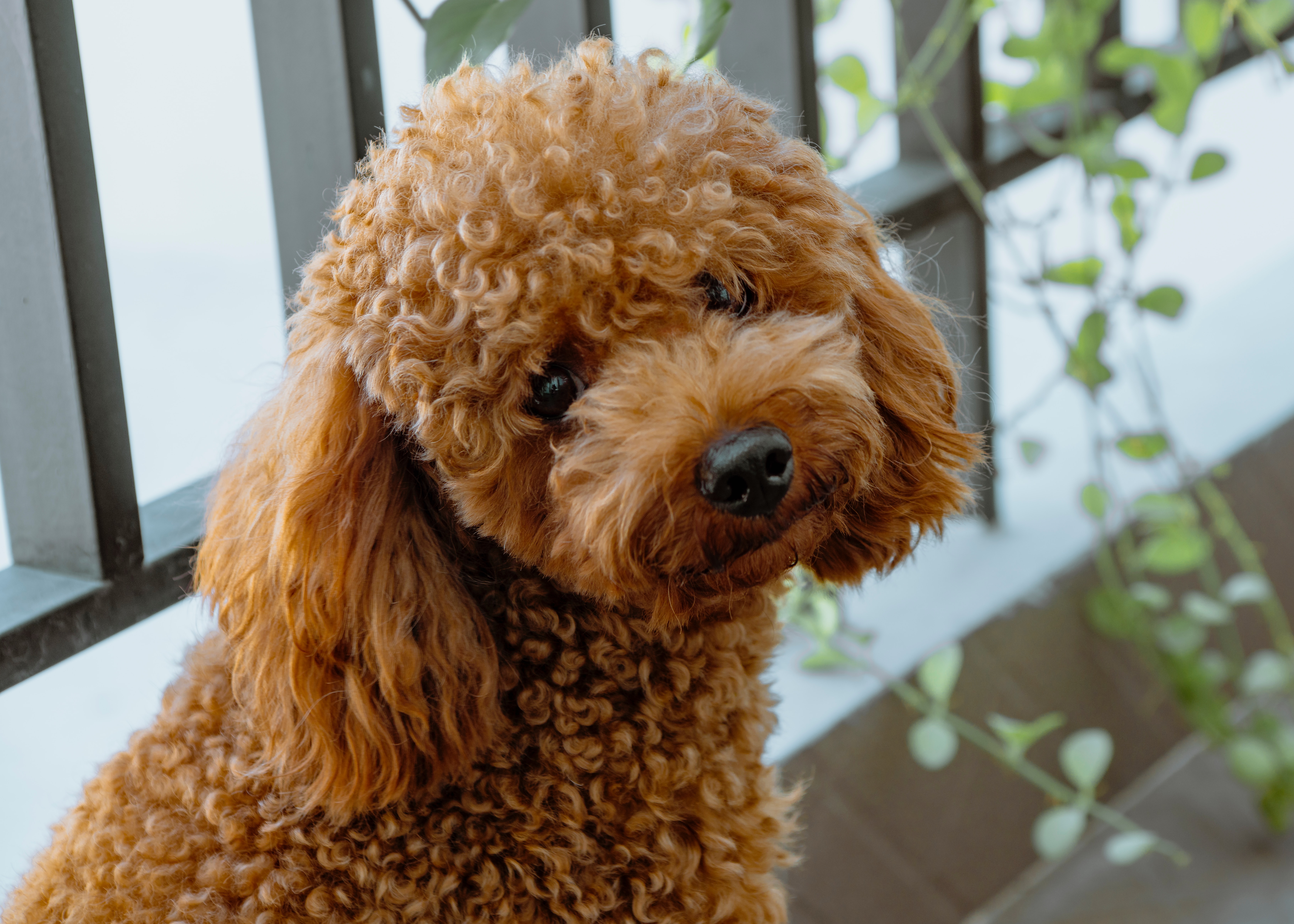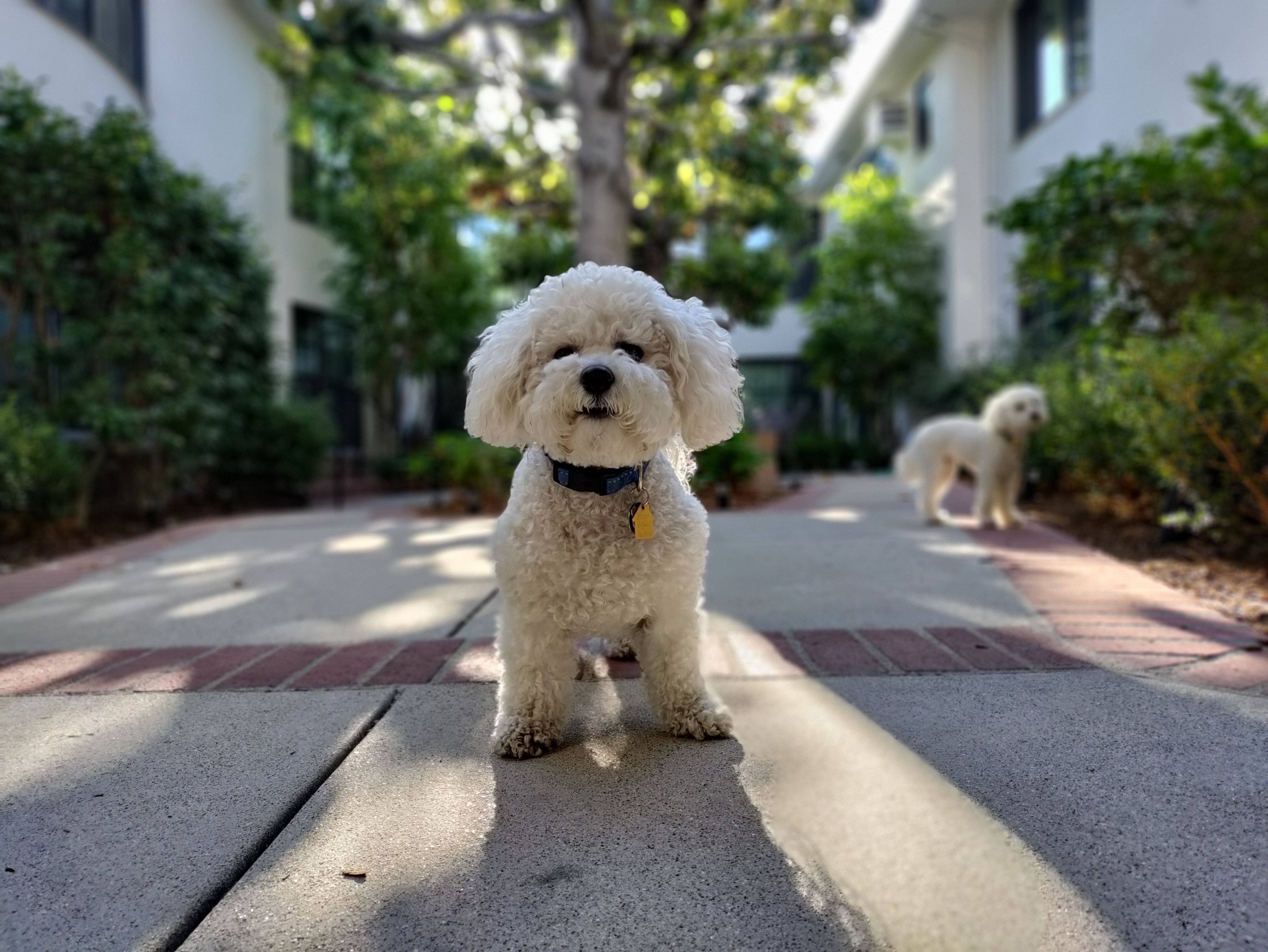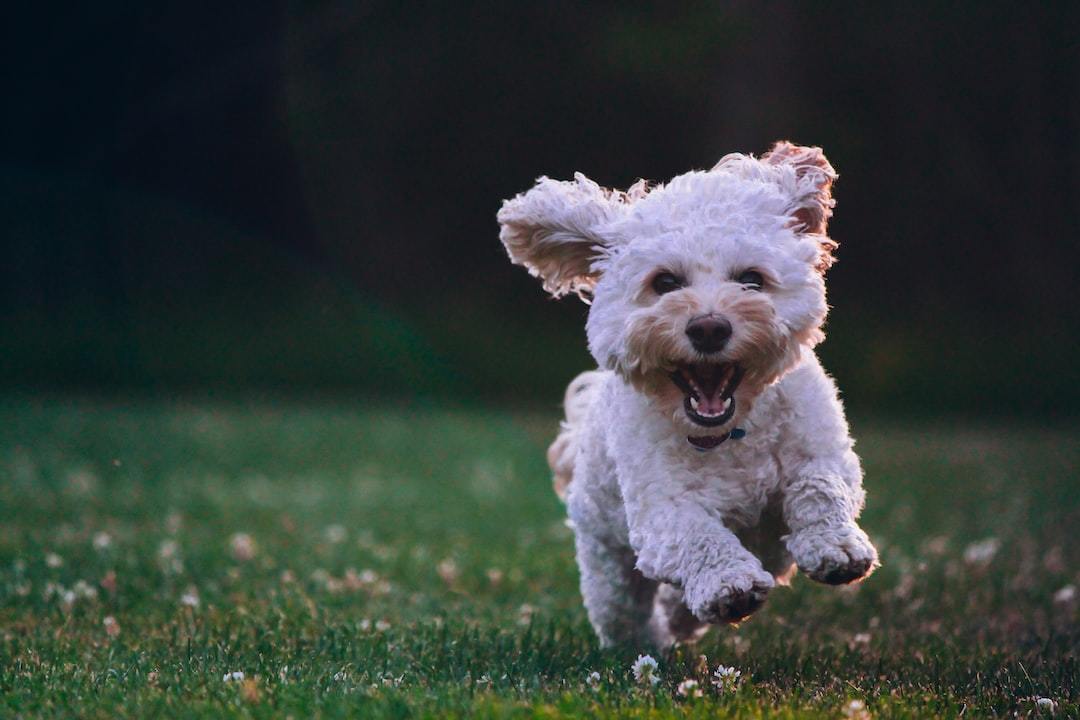I am often asked: What is Puppy Culture? This program is an innovative approach to raising puppies that focuses on early socialization and positive reinforcement training. It’s designed to help breeders raise well-adjusted pups.
Puppy Culture is more than just a simple guide; it’s a comprehensive system for creating balanced and confident dogs. With its emphasis on critical periods of puppy development, the program helps set the stage for lifelong learning and adaptability in our beloved pets.
The use of Puppy Culture goes beyond basic obedience training—it incorporates elements such as problem-solving skills, emotional resilience, and even manners. By using this method from the earliest stages of life, we can better prepare our puppies for their future homes.
In essence, when people ask “What is Puppy Culture?”, they’re asking about how we can give
Table of Contents:
- What is Puppy Culture?
- Creating a Positive Environment for Your Pup
- Establishing Healthy Habits in Your Pup
- Troubleshooting Common Issues with Your Pup
- Maximizing Results with Your Pup
- The Impact on Poodle Development
- Conclusion
What is Puppy Culture?
It focuses on early socialization, training, and enrichment to help puppies develop into well-adjusted and confident dogs.
Training and Socialization Protocols
Puppy Culture emphasizes positive reinforcement training methods to teach puppies basic obedience commands and good manners. It also includes socialization protocols to expose puppies to various people, animals, and environments, helping them become comfortable and confident in different situations.
Enrichment and Mental Stimulation
Puppy Culture recognizes the importance of mental stimulation for puppies’ development. It provides a variety of enrichment activities and games to keep puppies engaged and mentally stimulated, promoting problem-solving skills and preventing boredom.
Impact on Poodle Development
Puppy Culture can have a significant impact on raising a well-adjusted Poodle. The program’s focus on early socialization helps Poodles become friendly and confident around people and other animals. The training protocols ensure that Poodles learn basic obedience commands and develop good manners, making them easier to handle and live with.
The enrichment activities and mental stimulation provided by Puppy Culture help Poodles develop their intelligence and problem-solving abilities. This can yield a Poodle that is not only obedient but also mentally astute and keen to learn.
Creating a Positive Environment for Your Pup
In the world of raising puppies, particularly poodles and other breeds known for their intelligence and versatility, creating an environment that fosters growth is paramount. The Puppy Culture program advocates this approach in order to raise dogs into well-adjusted adult dogs.
The Comfort Zone: Crate Training
Crate training forms part of the process towards offering your puppy its own safe haven. It’s not about punishment but rather providing them with a space where they feel secure – much like how human society values privacy and security at home.
This technique also aids in housebreaking endeavors as it teaches acceptable behavior taught by professional dog trainers while ensuring comfortability throughout the journey.
Bonding Time: Play & Cuddles
Your interaction with your pup plays an essential role during these formative stages. Engaging playtime sessions offer both physical exercise opportunities and mental stimulation, which are crucial components within any puppy culture protocol. Meanwhile, daily cuddles serve as moments of bonding, helping build trust between you two, making it easier when handling young puppies effectively without inducing fear or stress.
Social Encounters: Puppy Parties
A unique aspect found within many sale puppy culture programs includes social encounters via ‘Puppy Parties’. These events take place once the puppy’s eyes open fully around 14 days after being born, allowing pups to interact safely under controlled conditions, promoting healthy early socialization skills.
Veterinary Care: Routine Vet Health Checks
Maintaining regular vet health checks ensures overall wellness alongside familiarizing them with such procedures from an early age, forming positive associations along the way, thereby further solidifying the importance of implementing Puppy Culture Jane Killion puts forward through her work.
Remember, patience is key here because each individual has different needs based on genetic material predisposition among others. Hence, progress may vary accordingly. Consult professionals who have extensive experience implementing protocols if unsure how best to proceed. Optimal results are achieved from both short and long-term perspectives.
Embracing Puppy Culture means creating a nurturing environment for your poodle, implementing crate training as a safe haven rather than punishment, and promoting bonding through playtime and cuddles. It also involves early socialization via ‘Puppy Parties’ and regular vet checks to ensure overall wellness. Patience is crucial in this process as every pup’s progress varies.
Establishing Healthy Habits in Your Pup
The Puppy Culture program underscores this with its focus on both physical and behavioral health.
Daily Exercise and Playtime
Much like human children, young puppies need plenty of exercise to aid their growth and burn off energy. According to the Puppy Culture protocol, daily play sessions are key – these should be enjoyable but structured enough to prevent your pup from getting too worn out.
Puppies thrive when exploring new environments; changing up locations for walks or games can stimulate curiosity while providing essential exercise. However, it’s important not to push them too hard as they also require rest between activities.
Nutrition And Vet Health Checks
A balanced diet is a cornerstone for any growing pup’s health. Regular vet checks help ensure that nutritional deficiencies are identified before they become serious issues – an integral part of what Puppy Culture aims towards.
These visits aren’t just about vaccinations or deworming treatments either; regular weight monitoring and general wellness assessments contribute significantly towards raising well-adjusted adult dogs.
Crate Training And Housebreaking
Crate training forms another crucial aspect covered by Puppy Culture because it provides pups with a safe space where they can retreat if overwhelmed or tired.
This method aids housebreaking since most dogs won’t soil their sleeping areas if possible. It’s best initiated once the puppy’s eyes open fully at around two weeks old, starting with short periods initially and then gradually increasing duration according to tolerance levels.

Socialization And Acceptable Behavior Taught Early On
Pups begin learning acceptable behavior right after birth through interactions within their litter under mom’s watchful eye until the weaning stage when humans step in more prominently.
Reward-based methods encourage good manners while discouraging unwanted behaviors such as biting and excessive barking, which all form part of the Puppy Culture programs offered by many breeders today.
Early socialization experiences shape much of a dog’s predisposition later, hence why exposure to variety is emphasized within controlled settings, allowing interaction with other vaccinated pups and professional guidance, ensuring positive encounters only and
Puppy Culture is a comprehensive guide to raising well-rounded Poodles, focusing on healthy habits, daily exercise and playtime, balanced nutrition with regular vet checks, crate training for housebreaking purposes and early socialization. It’s all about setting the right foundation from puppyhood.
Troubleshooting Common Issues with Your Pup
When it comes to raising your poodle pup, you might run into a few common challenges while implementing the Puppy Culture program. Navigating these problems is key to giving your pup a better life.
Fear Periods in Puppies
Puppy fear periods are critical phases of development where pups may become overly sensitive to new experiences or changes in their surroundings. During these stages, forcing puppies into stressful situations could lead to long-term fears or phobias.
If signs of fear emerge during socialization sessions or training exercises, take a step back and allow your pup to approach at its own pace. The Puppy Culture protocol encourages positive reinforcement over punishment, which fosters an encouraging learning environment for young puppies.
Hurdles in Toilet Training
Crate training is often incorporated as part of toilet training, but sometimes puppies find this concept challenging. If anxiety about being inside the crate surfaces or frequent accidents occur within it, some adjustments may be needed.
A smaller-sized crate can make space feel more secure for pets, reducing chances of indoor mishaps. Remember, patience remains crucial here; avoid rushing processes and instead always celebrate good behavior when they use designated bathroom areas correctly.
Nipping And Biting Problems
Biting and nipping during playtime are normal canine behaviors among young dogs still discovering what acceptable behavior looks like. However, excessive biting needs early intervention before becoming habitual practice.
You should discourage nipping by redirecting towards appropriate chew toys whenever possible. Positive reinforcement methods, such as rewarding non-biting behaviors, have proven effective according to professional dog trainers everywhere.
Socialization Setbacks
Your furry friend might show reluctance meeting new people and animals despite regular exposure through “Puppy Parties” designed specifically under Puppy Culture aims. This resistance could stem from individual temperament traits embedded within each unique canine’s genetic material.

In such cases, consider seeking advice from experts well-versed in diverse breed predispositions, including Moyen Poodles specialists if necessary. Always remember that every single furball progresses differently, hence flexibility coupled alongside
When raising your poodle pup, expect common challenges like fear periods, toilet training hurdles, nipping and biting issues, and socialization setbacks. Tackle these with patience and positive reinforcement under the Puppy Culture program for a well-adjusted pooch.
Maximizing Results with Your Pup
If you’re a fan of poodles and have adopted the Puppy Culture program, this guide can help turn your pup into an adult dog with proper training. This comprehensive training guide can transform young puppies into well-adjusted adult dogs if used correctly.
Maintaining Consistency in Training
The key to success when raising puppies lies in consistency. Following the Puppy Culture protocol diligently each day ensures that your pup learns effectively through repetition and reinforcement.
Crate training or teaching acceptable behavior taught by professional dog trainers should be reinforced regularly throughout daily interactions with your Moyen Poodle.
Socialization: A Daily Affair
A significant part of any puppy’s life involves socialization. The Puppy Culture program emphasizes regular social activities such as strolls around human society areas like parks where they encounter various sights, sounds, smells, people, and other dogs.
Puppy parties are another excellent way to expose young pups once their vet health checks confirm readiness for interaction on this level.
Fostering Positive Behaviors
Puppy Culture aims at fostering positive behaviors right from when a puppy’s eyes open until adulthood – including basic obedience commands to complex behavioral traits like patience and self-control. Reward-based methods reinforce desired behaviors without causing stress or fear; remember every small success contributes significantly towards building a confident adult dog.
Vet Health Checks And Physical Care Matters Too.
Physical care forms an integral part of raising healthy pups too. Regular grooming routines help keep them comfortable while acclimating them early to being handled – making future visits less stressful events.
Your commitment shouldn’t stop at mental stimulation alone; physical care including regular vet health checks form an essential aspect of the process.
Remember: While we aim for perfection during our journey together, using Puppy Culture programs developed by Jane Killion puts emphasis on celebrating progress rather than striving solely after end goals.
In essence then, it isn’t just about how much time spent working alongside our furry friends – what matters most here ultimately lies within the quality over quantity approach taken throughout the process itself.
Raising a well-adjusted Poodle isn’t just about time spent, but the quality of that time. With Puppy Culture’s comprehensive guide and consistency in training, socialization, positive behavior reinforcement, and physical care – including regular vet checks – you’re on track to nurture a confident adult dog.
The Impact on Poodle Development
Puppy Culture can have a significant impact on the development of Poodles. By following the program’s protocols, Poodle puppies can grow up to be well-rounded, confident, and adaptable dogs. The early socialization and training help prevent behavior problems and ensure that Poodles are comfortable in various environments and situations.
Building a Strong Foundation
Puppy Culture provides Poodle owners with the tools and resources to build a strong foundation for their puppies. The program’s focus on positive reinforcement training and early socialization helps Poodles develop good behavior habits and positive associations with people, animals, and experiences.
Preventing Behavior Issues
By exposing Poodle puppies to different stimuli and experiences, Puppy Culture helps prevent behavior issues such as fear, anxiety, and aggression. The program’s protocols ensure that Poodles are well-socialized and have positive experiences during their critical developmental stages.

Creating Confident Poodles
Puppy Culture’s emphasis on mental stimulation and enrichment activities helps Poodles develop confidence and problem-solving skills. This is especially important for Poodles, as they are intelligent and active dogs that thrive on mental challenges.
Puppy Culture is a game-changer for raising Poodles, providing them with the best start in life. It’s all about positive reinforcement training, early socialization and mental stimulation to help your fluffy friend grow into a confident, well-adjusted pooch that can handle any situation.
Conclusion
What is Puppy Culture? It’s a comprehensive program that guides you in raising a well-adjusted Poodle.
The benefits are manifold, from socialization protocols to effective training techniques.
Puppy Culture provides age-appropriate lessons and emphasizes the importance of early socialization for your pup’s development.
Creating a positive environment and establishing healthy habits become easier with this program.
Troubleshooting common issues is part of the journey, but remember: consistency is key to maximizing results with your pup.
If you’re ready to take the next step in providing an enriched upbringing for your Poodle.Here at Moyen-Poodle.com, we not only love all varieties of poodles but also provide valuable insights into programs like Puppy Culture that help raise them right. Dive deep into our resources today!
